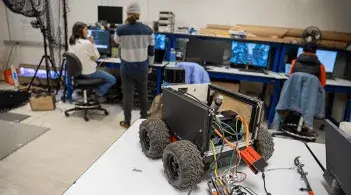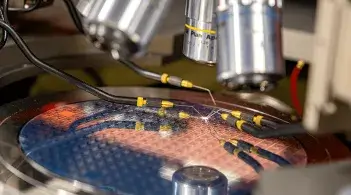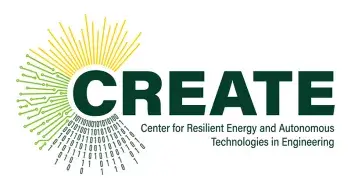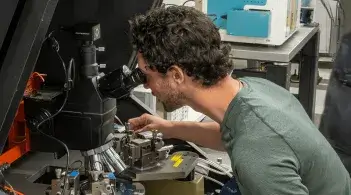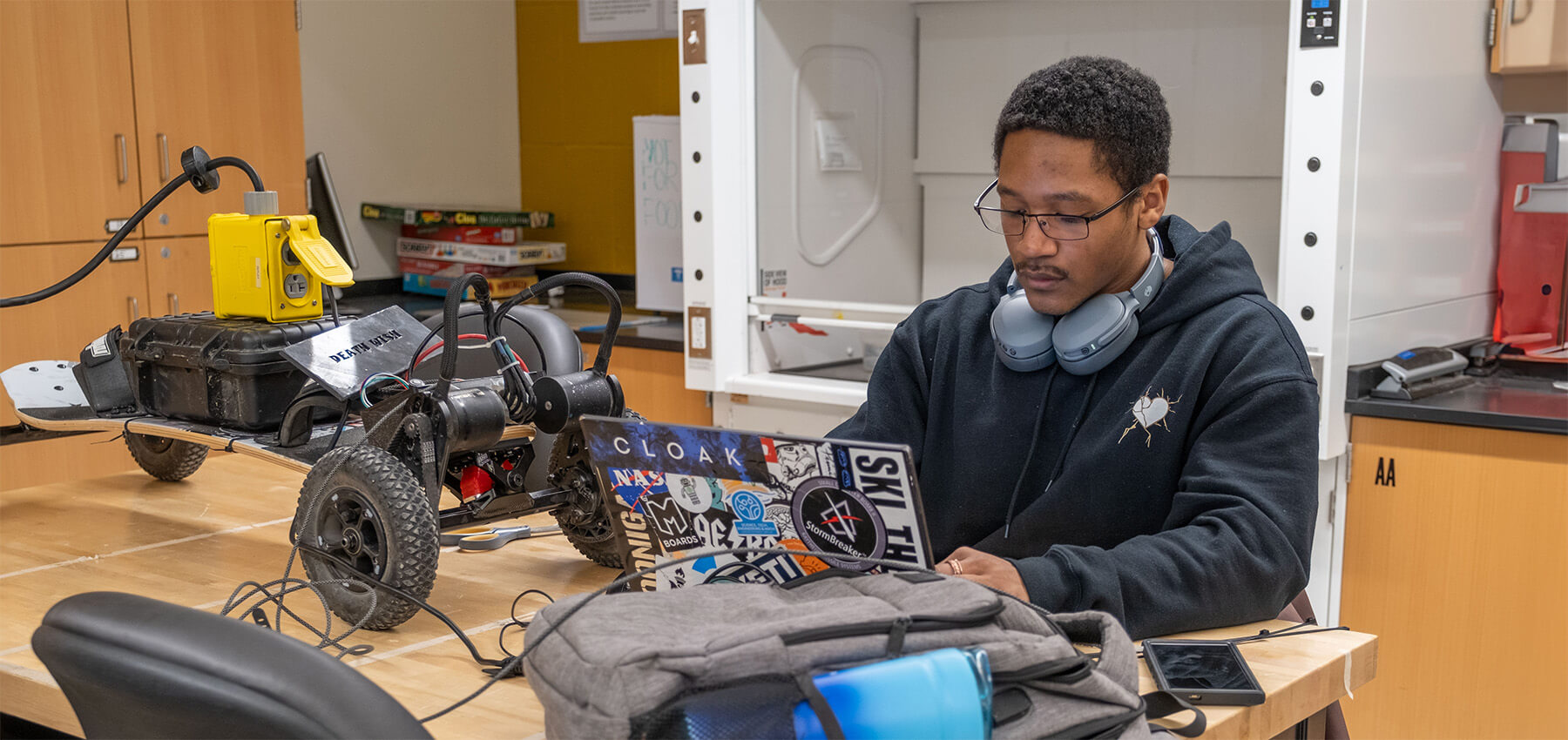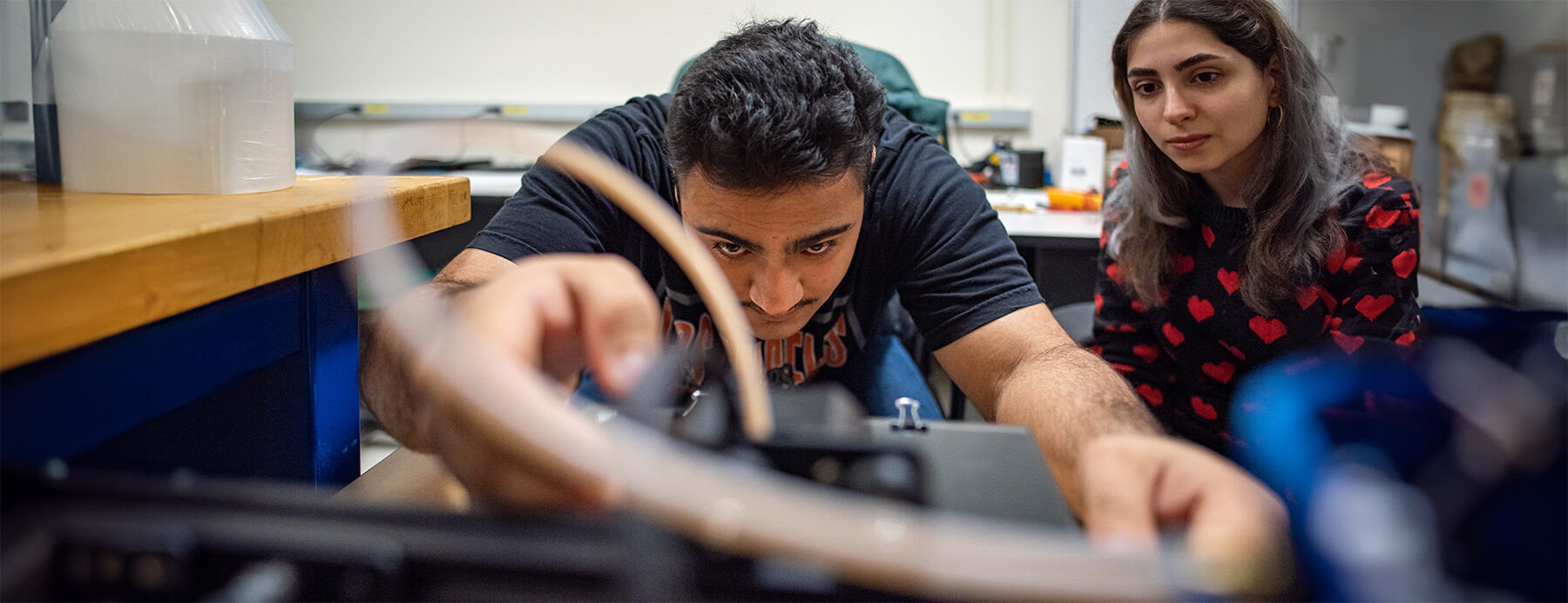Electrical Engineering
Type of Degree
M.S.
School or College
College of Engineering and Mathematical Sciences
Area of Study
Science, technology, engineering and mathematics
Program Format
On-campus, Full-timeCredit hours to graduate
30 credit hours at the 5000 level or higher
With an Electrical Engineering M.S. degree from UVM, you’ll be prepared to lead advances in high-impact fields. Program strengths include energy systems, signal processing, communications and control systems, wireless communications materials, and electronic circuits.
Leading Research in Critical fields
Power-up Your Degree
Loading...

